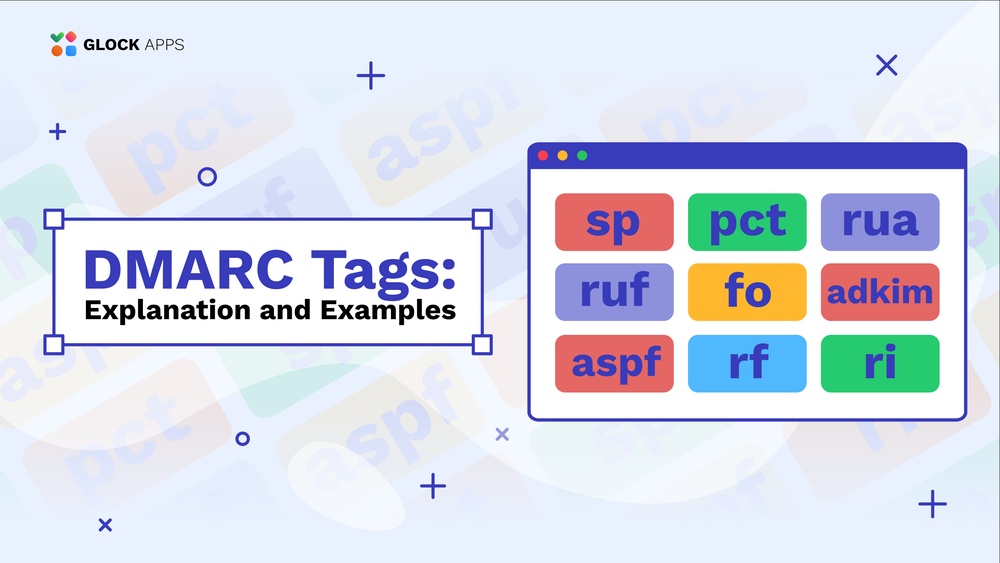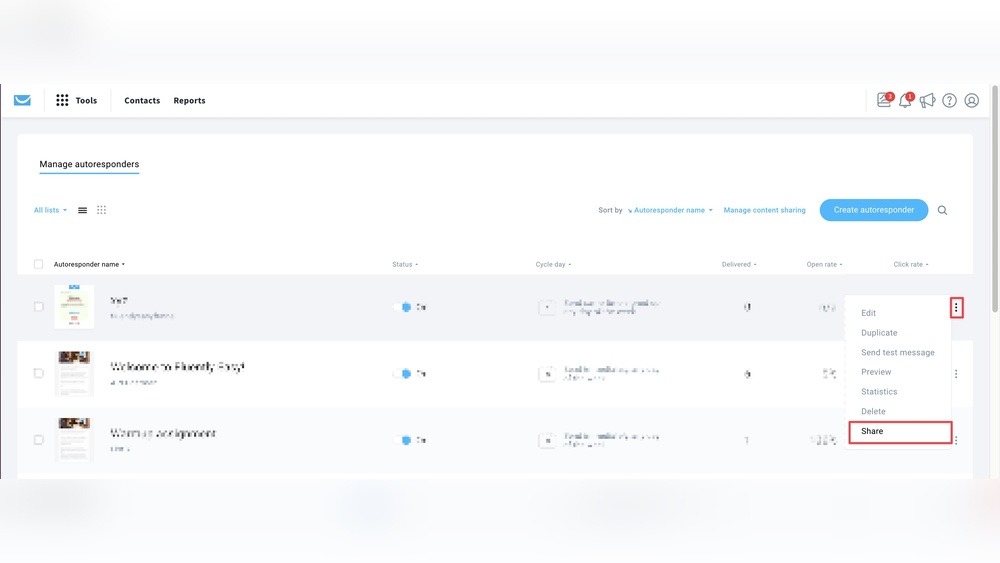To increase your credit score, pay bills on time and keep credit card balances low. Periodically check your credit report for errors and dispute any inaccuracies.
Understanding how to boost your credit score is crucial for financial health. A higher credit score signals to lenders that you’re a lower-risk borrower, which can lead to better interest rates and more borrowing options. Start by always paying your financial obligations promptly, as payment history is a major component of your credit score.
Aim to maintain low credit utilization – that is, try not to use too much of your available credit line. Regularly monitor your credit reports from the three major credit bureaus to ensure all information is correct; inaccuracies can unfairly drag down your score. Diversifying your credit mix and avoiding opening numerous new accounts in a short time frame can also positively impact your score. Remember, improving credit takes patience and consistency, so stay on track with these habits.
Introduction To Credit Scores
Your credit score is like a financial fingerprint. Lenders use it to measure your creditworthiness. It’s a three-digit number that has a huge impact on your financial life. This number can open doors to new loans, better interest rates, and financial opportunities. Understanding this score is the first step to financial freedom.
Importance Of A Good Credit Score
A good credit score gives you leverage. It affects how lenders view you. A high score means better interest rates and terms on loans and credit cards. You can save thousands of dollars on mortgages, car loans, and insurance premiums.
Components Of A Credit Score
| Components | Percentage |
|---|---|
| Payment History | 35% |
| Amounts Owed | 30% |
| Length of Credit History | 15% |
| New Credit | 10% |
| Types of Credit in Use | 10% |
Your score comes from five key areas. Payment history shows if you pay on time. Amounts owed reflect your credit utilization. Length of credit history judges the age of your accounts. New credit signals recent inquiries. Types of credit assess the mix of accounts you have.
Assessing Your Current Credit Health
Before diving into ways to boost your credit score, let’s assess where you stand. Knowing your credit health is the first step to improvement. A healthy credit report opens many financial doors. It’s key to getting low-interest loans and premium credit cards. Ready to check your credit health? Let’s uncover how to get your credit report and understand your score.
Obtaining Your Credit Report
Get your credit report easily. It’s free once a year from AnnualCreditReport.com, the only authorized source under federal law. It pulls reports from the three major bureaus: Equifax, Experian, and TransUnion. Getting your report will not hurt your score.
Here’s how to get your report:
- Visit AnnualCreditReport.com.
- Provide your personal information.
- Answer security questions to confirm your identity.
- Download your reports from each bureau.
Identifying Key Factors Affecting Your Score
Your credit report holds the key to your score. Different factors influence it. Pay attention to these key factors:
| Factor | Impact on Score |
|---|---|
| Payment History | Most crucial. Missed payments can damage your score. |
| Credit Utilization | Keep it below 30%. High utilization can lower your score. |
| Length of Credit History | Older accounts can benefit your score. |
| New Credit Inquiries | Too many hard inquiries can reduce your score. |
| Mix of Credit | Diverse types of credit can boost your score. |
Dig into your report: Look for errors, fraudulent accounts, or outdated information. Dispute any inaccuracies with the reporting bureau. This can improve your score. Raising your score involves smart financial habits and starts with understanding your report.
Strategies For Debt Management
Effective debt management is pivotal in raising your credit score. It showcases your financial responsibility to lenders. Let’s dive into strategies that can help you manage debt and boost your credit rating.
Paying Down Balances
High amounts of debt can hurt your credit score. Aim to pay more than the minimum due each month. Here are practical steps:
- Create a budget: Track spending and find areas to save.
- Extra income: Use bonuses or tax refunds to pay down debt.
- Snowball method: Pay off small debts first, then tackle larger ones.
Note: Reducing your credit utilization ratio below 30% can greatly increase your score.
Debt Consolidation Options
Consolidating debts can simplify payments and reduce interest rates. Here are options:
- Balance transfer credit cards: Move high-interest debts onto a single card, with a lower APR offer.
- Personal loans: Combine multiple debts into one monthly payment, usually at a lower interest rate.
- Home equity lines of credit: Tap into home equity for a loan to pay off debts. Caution: this puts your home at risk.
Select an option that fits your financial situation. Remember, on-time payments are key.
Timely Bill Payments
One key step to raising your credit score is Timely Bill Payments. This shows lenders you are reliable and manage your debt well. Late payments can hurt your score. Let’s make sure you pay on time, every time.
Setting Up Payment Reminders
Reminders help you pay bills on time. Here’s how to set them up:
- Use a calendar app on your phone.
- Enable email alerts from your bank.
- Mark payment dates on a wall calendar.
Automating Monthly Payments
Automating payments takes the guesswork out. Your bills get paid without you doing a thing. Check out these steps:
- Log into your online bank account.
- Set up auto-pay for bills like loans and credit cards.
- Choose a payment date that works for you.
- Ensure you have enough funds to cover payments.
Credit Utilization And Its Impact
Want a high credit score? Look at your credit utilization! This is how much you owe compared to your limit.
Understanding Credit Utilization
Your credit utilization is a big deal. It makes up 30% of your FICO score. A small percentage is best. Aim for under 30%. Better yet, shoot for under 10%. This shows lenders you’re good with money.
How To Lower Your Credit Utilization
Lowering your credit utilization can boost your score. Here’s how:
- Pay down balances: Bring your card balances down. Try to pay more than the minimum each month.
- Increase credit limits: Ask your card issuer for a higher limit. But don’t spend more!
- Set balance alerts: Stay aware. Set alerts to keep your spending in check.
- Pay bills twice a month: This can lower the balance reported to agencies.
- Avoid closing cards: Keep unused accounts open. Closing them can hurt your utilization ratio.
Remember, lowering your credit utilization takes time. Stay patient and persistent!
Limiting New Credit Inquiries
Want a higher credit score? One way to help is by being mindful of credit inquiries. Let’s dive into how limiting new credit inquiries can protect your credit score from unnecessary dips.
Effects Of Hard Inquiries
Each time you apply for credit, lenders make a ‘hard inquiry’. This check can lower your score by a few points. Too many in a short time and lenders may see you as a risk. Below see how inquiries influence your score:
- Single Inquiry: Minimal impact, typically recovers within a few months.
- Multiple Inquiries: Can signify financial instability, causing a more significant drop.
Remember, hard inquiries stay on your report for two years, so limit them to prevent impact.
When To Apply For New Credit
Be strategic with credit applications. View these tips to know the right time:
- Healthy Credit History: Only apply if you have a strong credit foundation.
- Major Loans Ahead: Avoid new applications at least six months before a big loan like a mortgage.
- Rate Shopping: Keep loan inquiries within a 14 to 45-day period. Scores often consider these as one.
Time your applications wisely to maintain credit health. Following these steps will surely set you on the path to a better credit score.
Building A Diverse Credit Mix
Want to boost your credit score? Think about your credit mix. Lenders love it when you show you can handle different kinds of credit. Let’s dig into how a mix of credit accounts can help your score soar.
Types Of Credit Accounts
First, let’s talk types. You’ve got a few main players in the game:
- Installment loans like your car payments or student loans.
- Revolving credit, which includes credit cards.
- Mortgages — yes, your home loan counts too!
- Retail accounts, for when you finance stuff at stores.
Showing you can juggle these shows lenders you’re credit-savvy. That’s good for your score.
Balancing Your Credit Portfolio
Now, balance is key. Here’s a simple breakdown:
| Type of Credit | Good Balance |
|---|---|
| Credit Cards | Keep balances low, always pay on time. |
| Installment Loans | Consistent payments look great. |
| Mortgages | These can really anchor your credit score. |
Don’t rush to get new types just to mix it up. It’s all about managing what you have smartly.
A sensible mix, combined with good habits, means a happier credit score. And happier credit scores mean happier lenders (and you!)
Addressing Negative Information
Improving your credit score often involves dealing with negative information on your credit report. Negative information can significantly impact your score. Taking steps to address these issues is crucial for credit repair. Here are actionable strategies to handle negative entries and potentially boost your score over time.
Disputing Errors On Your Report
Errors on credit reports are not uncommon. These mistakes can drag down your score unfairly. Review your report carefully for any inaccuracies like wrong accounts, incorrect balances, or outdated information. Start the process:
- Obtain a copy of your credit report from all three bureaus.
- Highlight or list out any errors you find.
- Contact the credit bureaus to dispute the errors with documentation.
- Follow up regularly to ensure the corrections are made.
A successful dispute can result in a positive adjustment to your score.
Dealing With Past Due Accounts
Past due accounts can severely affect your credit score. Addressing these accounts promptly can help mitigate the damage. Strategies include:
- Negotiate with creditors to remove the past due status upon payment.
- Set up a manageable payment plan to bring accounts current.
- Consider paying off the debt in full if financially possible.
- Document all communications and agreements with creditors for future reference.
Rectifying past due accounts demonstrates to lenders your commitment to responsible credit management.
Continual Monitoring And Improvement
To boost your credit score, think of it like a garden that needs regular care and attention. Continual monitoring and improvement are the watering and weeding processes. They keep your credit history healthy. Let’s dig into the ways you can keep your credit flourishing.
Reviewing Your Credit Score Regularly
Checking your credit score often is a must. You can see where you stand. Spot mistakes or identity theft early. Many websites offer free credit score checks once a year. Make sure you use them.
- Set calendar reminders to check your score every four months.
- Look for unexpected changes or unfamiliar accounts.
Adapting Strategies For Ongoing Improvement
As you track your credit score, adapt your habits. Your financial actions today shape your score tomorrow. Find the strategies that work for you.
| Action | Impact |
|---|---|
| Lower your credit utilization | Boosts score |
| Pay bills on time | Builds positive history |
| Avoid new hard inquiries | Keeps score stable |
Adjust these strategies as your financial situation changes. By doing so, you can keep improving your credit score.
Professional Help And Credit Counseling
Improving your credit score may seem challenging. Credit counseling and professional advice can offer guidance. These services help you understand your credit score better. They also provide tailored strategies to enhance it. Knowing when to seek help and the benefits it brings ensures you’re taking smart steps towards financial health.
When To Seek Credit Counseling
It’s not always easy to know when it’s time for credit counseling. Signs include:
- Struggling to pay bills on time each month.
- Using more than 30% of available credit.
- Having no clear budget or spending plan.
- Feeling stressed by debt.
Benefits Of Professional Debt Management
Working with a debt management professional can provide several advantages,
| Benefit | Description |
|---|---|
| Custom Plans | Professionals create strategies that fit your unique financial situation. |
| Reduced Stress | Expert guidance eases the worry of tackling debt alone. |
| Negotiated Terms | Counselors often negotiate lower interest rates or payments on your behalf. |
| Credit Score Improvement | Effective management leads to a healthier credit score. |
Myths Around Credit Scoring
Your credit score is like a financial report card, shaping the future of your borrowing ability. Yet, numerous myths distort the reality of credit scoring, leading many people astray. Let’s debunk these misconceptions and unveil the truths about credit repair to empower your journey towards a stellar credit score.
Common Misconceptions
- Checking credit lowers the score: Accessing your own report is a soft inquiry. It does not affect the score.
- Closing old cards boosts the score: This may shorten credit history and increase utilization ratio, potentially lowering the score.
- All debts harm your score: Some debts, like mortgages, can benefit the score when managed well.
Truths About Credit Repair
Credit repair is an achievable goal with the right approach. It involves consistent and responsible financial habits.
| Strategy | Effect |
|---|---|
| Pay bills on time | Builds positive credit history |
| Keep credit card balances low | Improves utilization ratio |
| Avoid opening new accounts frequently | Preserves credit length and mix |
Remain patient, as true credit repair is gradual. Real improvements take time but pave the way for financial freedom.
Staying Patient And Persistent
Improving your credit score feels like a journey. The key is patience and persistence. This path has no overnight fixes. Time, consistent effort, and good financial habits will steadily build your score. Let’s look at setting expectations and maintaining a long-term focus.
Realistic Expectations For Credit Score Increase
Aim for steady progress rather than instant results. Small, consistent improvements add up. Remember, credit bureaus update scores periodically, so don’t expect immediate changes after paying off a credit card.
Typical credit score increases might look like this:
- Debt payments on time can boost scores within a few months.
- Paying off balances could elevate scores in about 30 days.
- Removing errors from credit reports may improve scores within 90 days.
The Long-term View Of Credit Health
View credit health like physical fitness. It needs regular check-ups and consistent care. Focus on habits that maintain and improve your score for years to come.
| Action | Impact |
|---|---|
| On-time payments | Foundational for a good score |
| Credit utilization | Keep it low to show control |
| Credit history length | Longer is better, shows reliability |
| Credit mix | Diverse types indicate sound financial handling |
| New credit | Limited new accounts signal stability |
Remember, credit scores rise like a slow-growing tree. Plant the seeds of good habits today. You will reap the rewards of a robust credit score that stands firm in all weathers.
Frequently Asked Questions On How To Increase Your Credit Score?
How Can I Raise My Credit Score In 30 Days?
Pay down credit card balances, avoid new credit inquiries, ensure bills are paid on time, and swiftly dispute any credit report errors. Rapid score boosts can often come from correcting report inaccuracies.
What Increases Credit Score Fastest?
Paying bills on time, lowering credit utilization, and paying off debt quickly can boost your credit score fast. Regularly check your credit report for errors and dispute any if found.
How Can I Raise My Credit Score Really Fast?
Pay off debt quickly and reduce credit utilization. Promptly correct any credit report errors. Request a credit limit increase but don’t spend more. Become an authorized user on a high-credit-score account. Pay all bills on time.
How Can I Get My Credit Score Up To 700 Fast?
To quickly raise your credit score to 700, pay bills on time, reduce debt balances, avoid new hard inquiries, and check your credit report for errors. Diversifying your credit mix and maintaining low credit utilization can also help boost your score.
Conclusion
Boosting your credit score is achievable with discipline and strategy. Apply the actions discussed, from timely payments to credit utilization checks. Start nurturing your financial reputation now. Witness your credit health flourish, paving the way for better financial opportunities and peace of mind.
Embrace the change; your future self will thank you.







